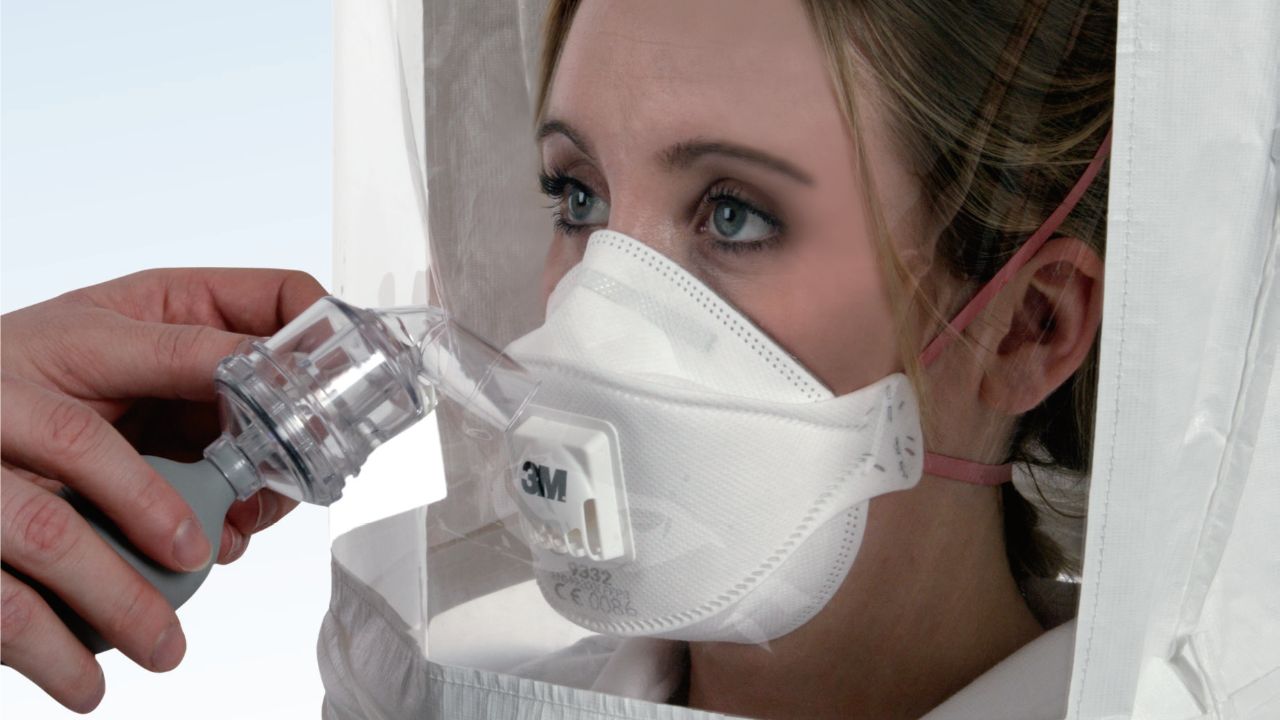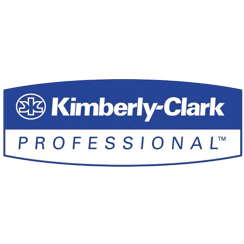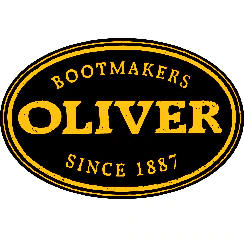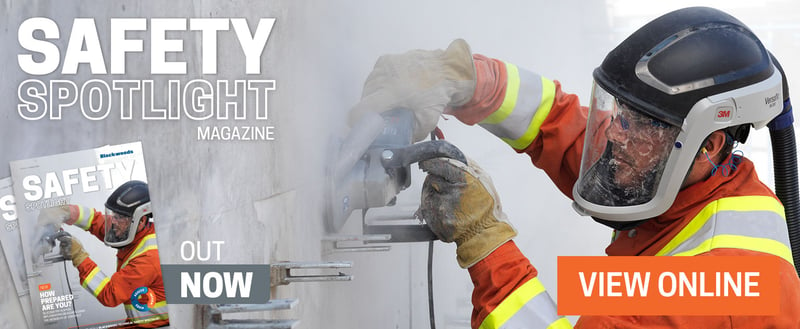Respirator Fit Testing: How Important Is It?

Fit-Testing of any RPE in the workplace is a mandatory requirement of the Australian/New Zealand Standard AS/NZS1715, and a number of specific OHS regulations relating to RCS. Any Fit-Test aims to ascertain if there is a suitable match between the face of a worker and the RPE facepiece they may wear.
A Fit-Test should occur when an RPE is first issued and at least every year after that. A Fit-Test should also be carried out whenever a wearer’s facial characteristics have or may have altered because of such factors as dental work, cosmetic work, injuries, surgery and weight changes.
“It’s important for every business to continually perform Fit-Tests for their workers, to achieve an effective face seal. It prevents injuries and can save lives.”
“Many other factors can come into play, such as growth or removal of facial hair. Even dirt can be an obstruction to a good effective seal,” says Maria Fox, Blackwoods’ Technical Safety Specialist (Nth QLD).
There are two types of Fit-Test:
1. QUALITATIVE: A pass/fail test during which the wearer tries to taste and/or smell a test agent. This is only for half-face respirators. Some tests may produce inaccurate results because of workers’ different sensitivities to taste and smell. These results can lead to inadequate fitting and protection.
2. QUANTITATIVE: Specialised equipment measures the amount of air or aerosols that leaks into the respirator. Suitable for half-face, full-face and tight fitting PAPR (Reusable and Powered Air Purifying Respirators).
The use of RPE is just one of many critical requirements in an evolving landscape that continues to examine how workers should best be protected from the minute and deadly RCS (Respirable Crystalline Silica) particles that can penetrate deep into the lung.
For the latest information concerning any issue related to RCS in the workplace, contact the relevant regulator in your state or territory.








